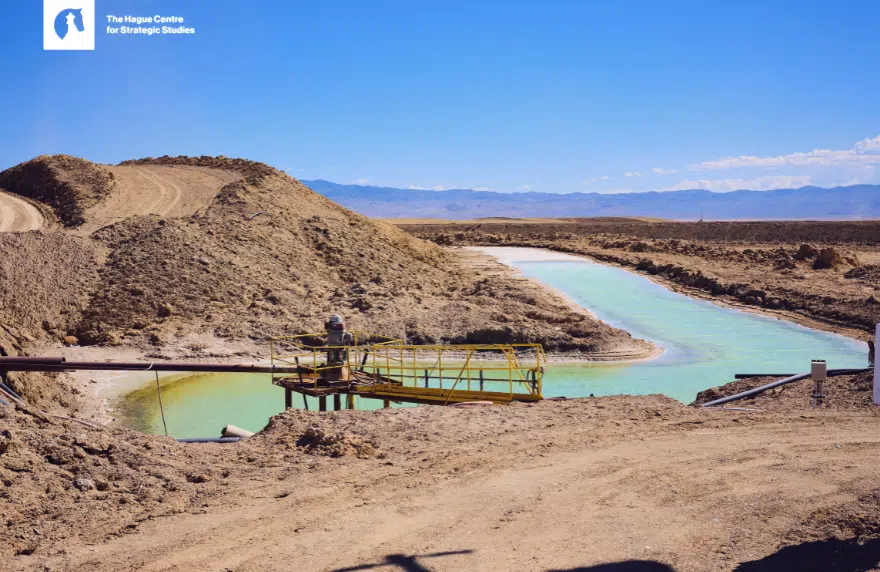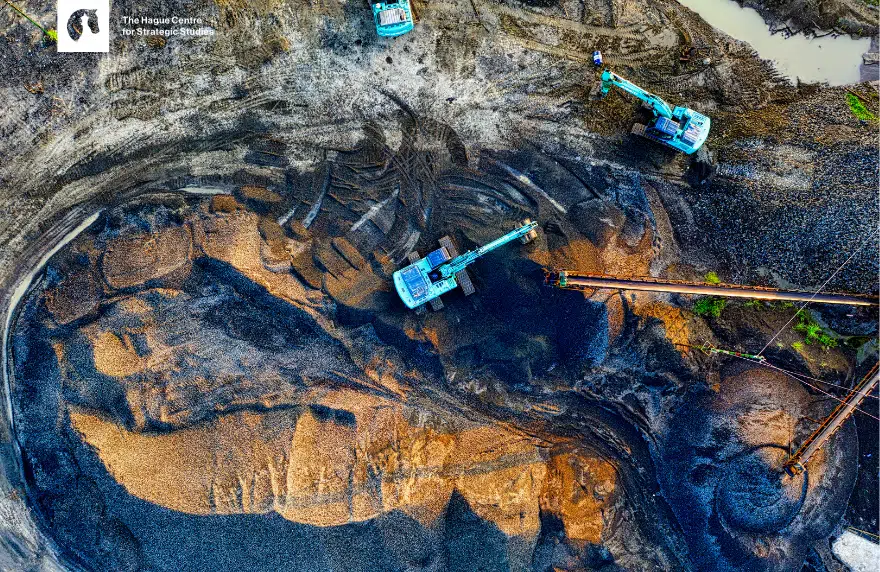Research
Even though Argentina holds vast reserves of critical raw materials like lithium and copper, the country never fully gained the confidence of foreign investors. The Milei government is well aware of the fact that Argentina’s poor economic performance, political instability and tendency to nationalize assets in the past have made international investors weary to invest in Argentina.
On 28 June this year, the Argentinian Congress passed a bill known as the Ley de Bases,a comprehensive reform package with a focus to improve Argentina’s business and investment environment. One of the key legislative amendments proposed is RIGI – Regimen de Incentivo para Grandes Inversiones, which can be best translated as Promotional Regime for Large Investments. RIGI applies to eight key industrial sectors: forestry, tourism, infrastructure, mining, technology, steel, energy, and oil & gas.
RIGI aims to provide foreign investors certainty and legal stability for specific long-term investments in Argentina. By offering tax-, customs- and currency exchange (FX) incentives over a period of 30 years, the government intends to (i) boost local production, (ii) stimulate exports and (iii) improve its foreign currency reserves.
In this op-ed, HCSS strategic advisor Jeff Amrish Ritoe look at the question: will RIGI make Argentina into a critical raw materials powerhouse?
RIGI definitely has the potential to attract more foreign direct investment in Argentina, Ritoe concludes; however, a successful revival of Argentina’s golden age for mining will depend on two factors that are strongly intertwined: (i) ratification of RIGI at the provincial level and (ii) the political support for RIGI, notably from the Peronist Union por la Patria (UP) party.
The initial response from multinational corporations has been positive and if the Argentinian authorities act as reliable industry partners RIGI could bolster investments in energy and mining, two sectors that are crucial to the EU and its allies. RIGI could offer the EU an opportunity to strengthen its economic ties with a resource rich country that has had strong cultural ties Europe.
European private and public players in the critical raw material supply chain better keep a close eye on Argentina to make sure they have a seat at the table in those provinces that ratify the new scheme.







